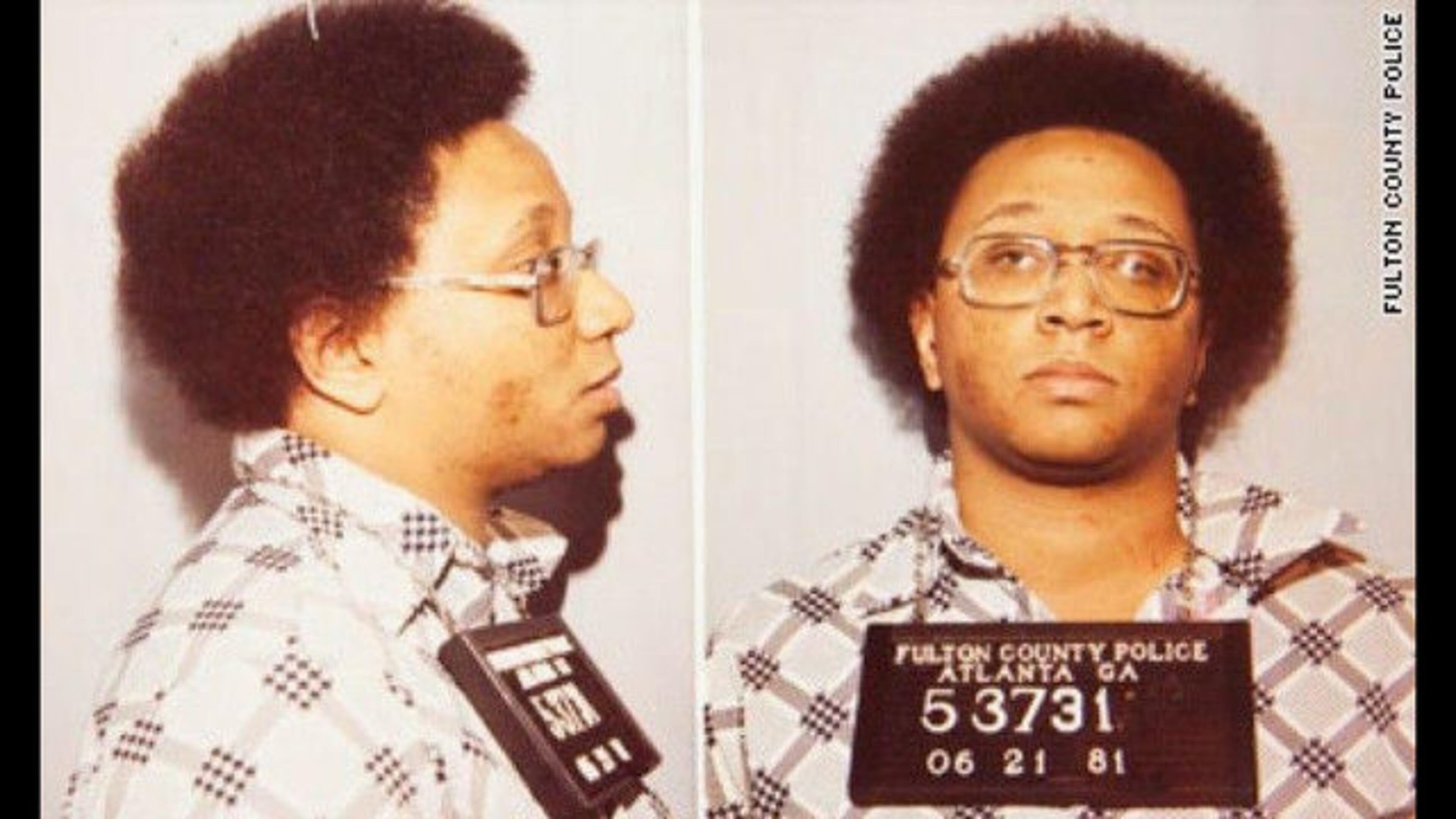How the AJC covered the Wayne Williams investigation from ‘Mindhunter’

Wayne Williams and the Atlanta Child Murders are the subject of the second season of Netflix's "Mindhunter" series. The show, created by Joe Penhall and David Fincher, takes great pains to recreate the Atlanta of the late-1970s, including scenes at the Omni International Hotel, Atlanta Civic Center, Paschal's Motor Hotel and Restaurant, and a Hartsfield Airport in expansion mode. There's even a background cameo of the World of Sid & Marty Krofft indoor amusement park.
Real-life people who were part of the murder investigation are portrayed as well — Public Safety Commissioner Lee Brown; Mayor Maynard Jackson; Camille Bell, Venus Taylor, and Willie Mae Mathis, mothers of the victims and members of the Committee to Stop Children's Murders; and Fulton District Attorney Lewis Slaton.
» CONTINUING COVERAGE: Wayne Williams and the Atlanta Child Murders
» MORE: Coverage of the cases featured on other true-crime shows and podcasts

The story eventually leads to Wayne Bertram Williams, freelance cameraman and self-described talent scout who is first connected to the crimes when his car is pulled over during a stakeout at the Jackson Parkway bridge over the Chattahoochee River. Two days later, the body of Nathaniel Cater was found washed up downstream from the bridge. Williams would eventually be convicted of Cater's murder and that of Jimmy Ray Payne. Williams was never charged in any of the other Atlanta Child Murders cases and authorities closed the children's cases soon after Williams' convictions.
» THE LIST: Georgia crime cases featured on true-crime shows and podcasts
» RELATED: Who are Georgia's most notorious serial killers?
Here are some of the key moments in the AJC's coverage of Wayne Williams and the Atlanta Missing and Murdered cases. Click here for a fuller list of articles about the murders.

1981: Wayne Williams is charged in Nathaniel Cater's slaying
1987: Atlanta Child Murders: Williams 'very like' FBI profile
1991: An interview with Wayne Williams 10 years after Missing and Murdered
2019: Authorities plan to re-test Atlanta Child Murders evidence
2019: He says he escaped the Atlanta Child Murders suspect. Now he's talking.

Other serial killers with Georgia connections have been featured on "Mindhunter."

Darrell Gene Devier was featured in the tenth episode of show's first season. In 1979, Devier, a tree-trimmer, snatched 12-year-old Mary Frances Stoner in Adairsville, raped her in the woods and smashed her head in with a rock. Devier had three trials, including one that ended in a mistrial. He received the death penalty in the second trial and was executed in 1995 in the electric chair. Read more about the AJC's coverage of that case here.

William "Junior" Pierce was portrayed in Season 2, Ep. 3 as a sweets-craving inmate who claimed to speak seven languages. The true-life Pierce was convicted of burglary, arson and other charges when he was initially sent to a Georgia prison. But in 1970, the Georgia parole board released him, despite the warning by staff psychiatrists who contended he could pose a danger.
About a month after his release, police said he killed his first victim. By the time he was arrested in March 1971, eight others had been slain. He ultimately confessed to three murders in Georgia, but was also implicated in murders in South Carolina and North Carolina.

William Henry Hance, also portrayed in Season 2, Ep. 3, was a soldier at Fort Benning who was convicted of killing three women in Columbus. Hance sent police crude notes signed by the "chairman" of the "Forces of Evil" warning that other women would die unless police solved the "Stocking Strangler" murders.
The question of Hance's mental state hung over his trials. In 1979, a military jury considering two of the killings ruled that Hance did not have the mental capacity to commit premeditated murder. But in 1984, a civilian jury considering Hance's murder of Gail Faison sentenced him to death. A juror in that case would later say that she had been intimidated into the death sentence, and that he shouldn't be executed.
Hance was executed by electric chair in 1994.



